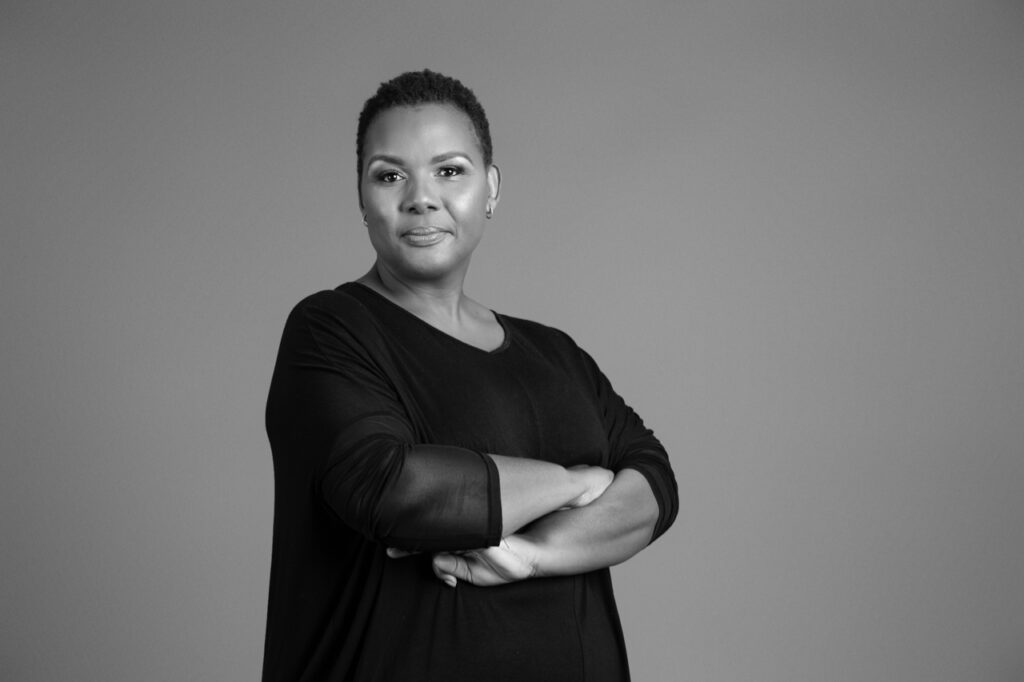Social Justice
A Feminist Society Is The Answer
Gender-based violence (GBV) is ubiquitous in South Africa. For decades, it has remained a widespread problem in the country – a shadow pandemic on its own, as President Cyril Ramaphosa admitted in 2020.
While the GBV term is all-encompassing and includes violence against women and men, the most prevalent form of violence in South Africa is violence against women, which impacts almost every aspect of our lives.
As we continue to grapple with the effects of the COVID-19 pandemic on the economic and emotional wellbeing of people, the biggest threat to South African women is being abused or dying at the hands of men who are often intimately known to them.
What we know
What we know is that in South Africa, women are dying in record numbers. There is a war waged on young women in this country, and it has been going on for decades.
Hundreds of women have fallen victim to the scourge of GBV and femicide at the hands of people known to them, living in their neighbourhoods and who they have trusted, dispelling the notion that GBV occurs mostly in “unsafe areas” and is perpetrated by faceless “monsters”.
On the contrary, women know their perpetrators and are violated in places they have deemed safe: in their homes, at the post office, in their beds, on the streets they have walked for years by people they know – their family, friends and lovers.
We know that the lived experiences and vulnerabilities of women in this country are confounded by the pervasive patriarchal nature of our societies. GBV is systemic and deeply entrenched in patriarchal institutions, cultures and traditions.
The patriarchal nature of South African societies perpetuates the culture of silence. Silence in itself is violence.
In addition to silencing, rape culture has become a norm, a “social environment that allows sexual violence to be justified, fuelled by the persistent gender inequalities and attitudes about gender and sexuality”, a UN Women report states.
What we need
To dismantle this pervasive culture, we need to address the root causes that fuel it. This is achievable by strengthening the work being done in shifting gender norms and changing communities’ attitudes and perspectives towards women and girls and gender and sexuality.
South Africa needs to reduce the level of gender inequalities in everyday society and advocate for a feminist society where we shift mindsets towards embracing and incorporating love into the equations of personal, interpersonal and intergroup interactions.
As a country, we need to invest more resources and efforts in education and awareness creation at family and community levels to empower people to participate in prevention and not only respond after an incident. This work will require us to engage communities 365 days, not only during the 16 days of activism, which makes the plight of women an event and not an everyday issue.
Feminist activist and writer bell hooks argues that love cannot be present when one gender is attempting to coerce the other. Love cannot occur when a relationship is based on domination instead of equality. It is impossible for people to even love themselves when society demands that they define themselves based on rules that involve coercion and domination, hooks contends.
Our work against GBV – preventing it and ensuring justice when it happens – requires us to recognise the multiple and interconnecting oppressions experienced by women through supremacies that include race, gender and class. We cannot pussyfoot around how the lack of gender equality, where girls and women are dehumanised, strips away their freedom to move, live and love without fear.




